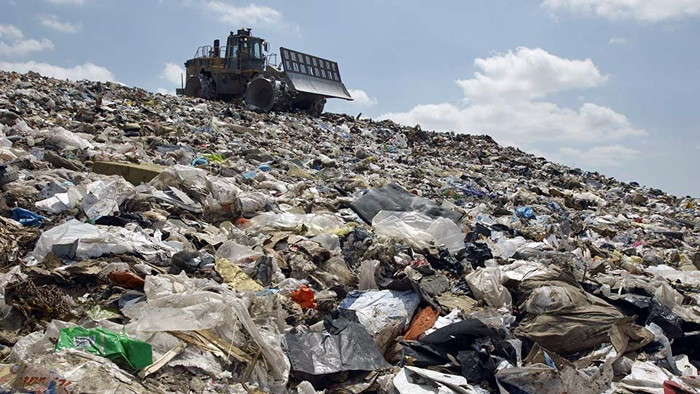Rethinking Lifestyle
Inflection Point

We are at an interesting time in history. The past two centuries have experienced incredible economic growth, driven by the vast reserves of resources made available through cheap, plentiful energy. Just think of your grandparents’ lives – revolutionized by innovations like tractors and electricity in the home. Think of refrigeration and low cost international trade, satellites, metal ore refinement, and the digital age – all driven by huge amounts of energy. It feels like there’s nothing we can’t do, and indeed every day brings new amazing breakthroughs in science and technology.
But something is changing. In the last 200 years, advances have focused on extracting resources ever more efficiently, and with great success. Today, we’ve reached a new threshold. Our demand for raw materials such as metal, lumber, oil, water, food, and even land itself is becoming more and more difficult to satisfy. Costs are rising and will remain high permanently. In the long term, as demand increases while supplies decrease this is inevitable. Demand for some resources – like the rare earth metals used in batteries, cell phones and solar panels – will skyrocket as consumption outpaces the earth’s viable supplies. Shockingly, less than 1% of these metals, which are critical for technology and for national security, are currently recycled. Other resources, like the ocean’s fish stocks and agricultural land are being depleted even as demand increases due to rising population and consumption.
Meanwhile, bizarrely, a casual stroll down any street on garbage day shows no change in habits. Our learned assumption that everything remains plentiful is firmer than ever. Metal, glass and plastics are thrown out by the tonne. Finished products like flooring, microwaves and T-shirts that required huge amounts of resources to create and transport are discarded because they’re out of style, or because creating and shipping a new one is cheaper than repairing the old one. Even while stocks of resources are depleting and costs are rising, consumers continue to buy products that manufacturers know will not last more than a few years, with the expectation that they will buy a new one. People are literally throwing away all the materials and effort that were expended to create usable goods – materials and effort they will never get back.
This strange contradiction will correct itself. As resources become ever more scarce, we will become desparate, and we’ll need to find ways to sort and recover the contents of landfills. With great loss of value and effort, the remains of our now-usable, but discarded goods will be painstakingly gathered and sold for raw materials. The few durable items that aren’t yet thrown out – made of real wood or metal and not reliant on computer-controlled electronics – will be competitively traded. We’ll look back at what we see today and wish we could have only brought it with us.
To me, that’s what’s most frustrating at this strange time. Time is like distance, in a way. Here we are, if you will, like Portuguese spice traders in the Far East: surrounded by precious commodities in a place where they have no exceptional value to anyone. The reserve seems limitless, and many can’t see the value of conserving every gram on the way. But, on the not-too-distant shore, our children wait for us with the hopes that we instilled in them.
Would we dare to squander what seems plentiful to us, and arrive with empty hands?




